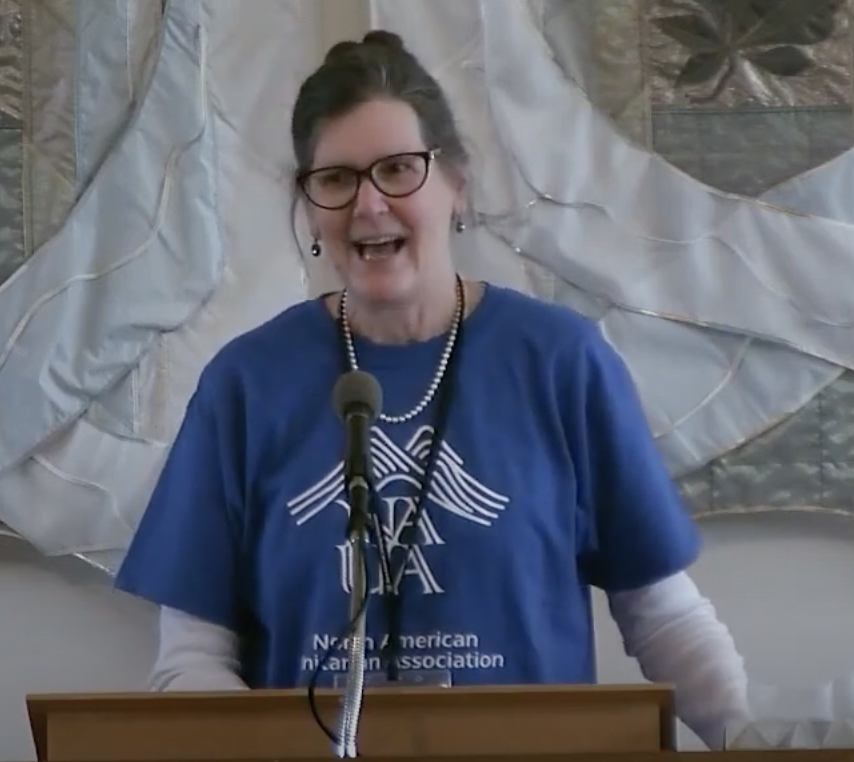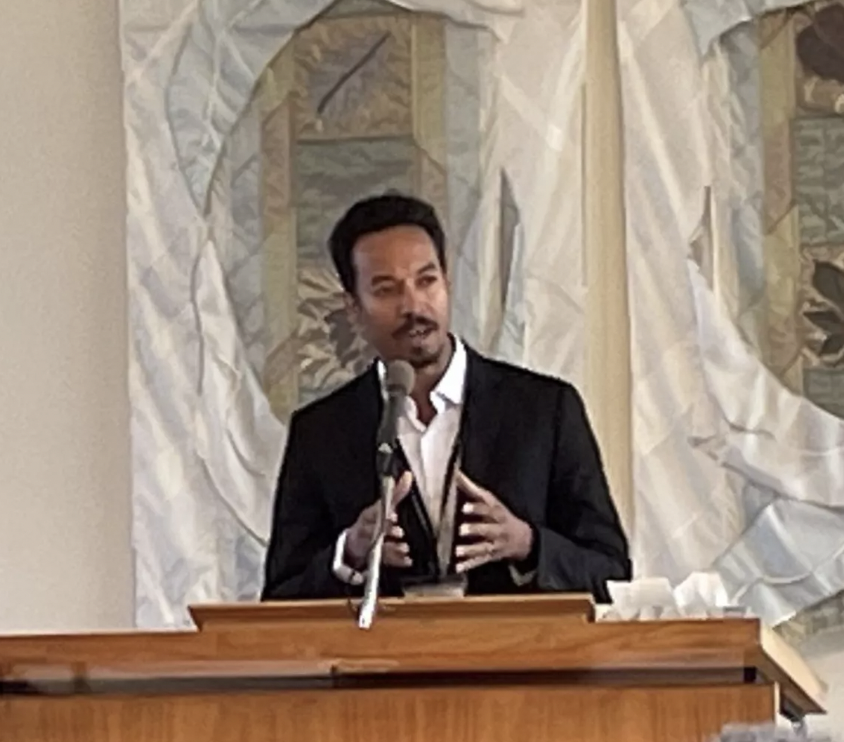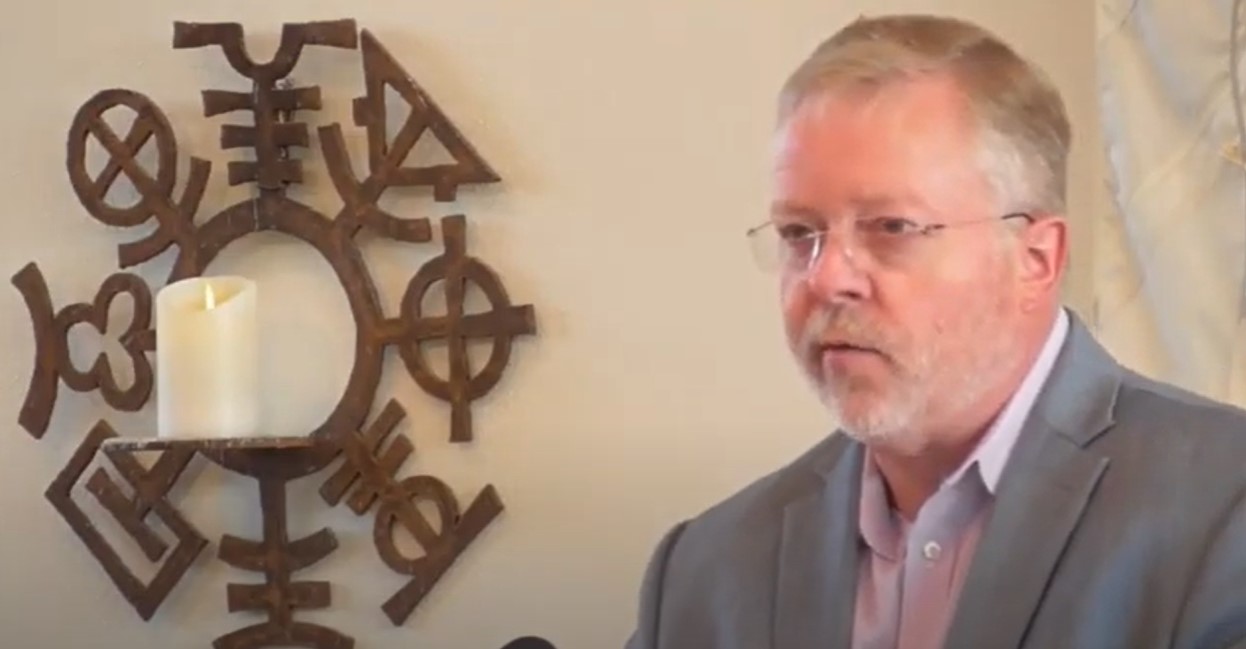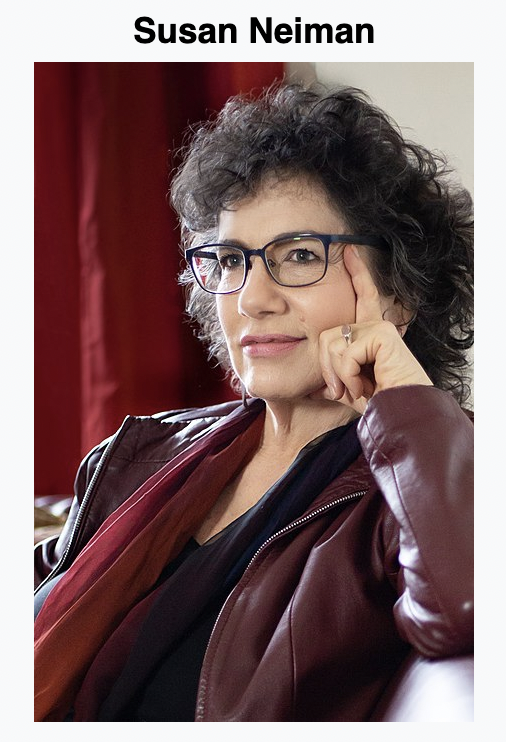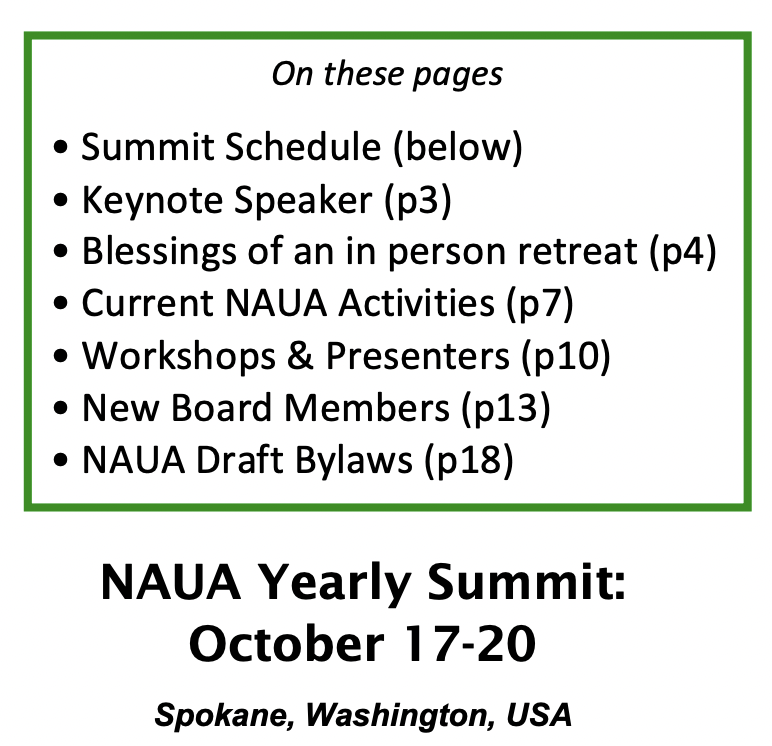Baruch Spinoza’s ideas – increasing relevance today

Many of you may be familiar with 17th century Dutch philosopher Baruck Spinoza. I knew the name and the famous quote from Einstein that he “believed in “Spinoza’s God” but I didn’t have a very clear idea of the resonance his beliefs hold for many Unitarians. Thus, I was grateful to bump into the video below that overviews his life and his ideas. Like many Unitarians he came from a religious home and community, but found that his ideas outgrew these religious teachings.
I was also interested in his ideas that ‘God and nature were the same. His expression “God or Nature”, illustrates this. He also taught that God was in everything and all living creatures share the Conatus Principle. “Each thing, as far as it can by its own power, strives to persevere in its being” – a nice summary of our shared evolutionary drive.
I hope you enjoy the 13 minute video below.

